EU High Representative for Foreign Relations and Security Policy Josep Borrell made a statement to the press at the end of the EU Foreign Ministers meeting held in Brussels.
Explaining that they are planning to support the Ukrainian economy with various measures such as liberalizing trade and facilitating transportation in the Russia-Ukraine war, Borrell said, "We must help Ukraine produce and export grain and wheat." he said.
Borrell stated that Ukraine's grain warehouses are full, and the products must be sent immediately in order for these warehouses to receive the new crop.
Stating that the EU is trying to help Ukraine export agricultural products with new roads and trains, Borrell said that there are various ideas, including the possibility of removing the blockade at the Odessa Port, but this has not materialized yet.
Borrell stated that the opening of the said port was not sufficient, and that it was not possible for ships to dock without a comprehensive demining work in the region.
Explaining that Ukraine's inability to export its wheat negatively affects the daily life of people in Africa, Borrell stated that the sanctions imposed are not responsible for this situation, and that the sanctions do not prohibit the export of agricultural products to third countries.
Borrell drew attention to the fact that food security and energy prices will be on the agenda at the G-20 and African Union meetings, and underlined that Russia's war is responsible for these.
"We will continue to impose sanctions on Russia until the cost of the invasion becomes intolerable." Borrell said, emphasizing that they continue to discuss the 6th sanctions package.
"Unfortunately, today it was not possible to reach an agreement to finalize the 6th package of sanctions. This issue will continue to be discussed at the ambassadorial level. We are facing the challenge of unanimity on the oil ban," Borrell said. used the phrase.
At the beginning of the month, the EU Commission sent the draft 6th sanctions package against Russia to the member states.
In the package, high-ranking officers and some people involved in the Russia-Ukraine war were added to the sanctions list, Russia's largest bank, Sberbank, and 2 other banks were removed from the international payment system SWIFT, a broadcast ban was imposed on 3 channels belonging to the Russian state, Russia's cutting off access to advisory services, phasing out crude oil supplies from Russia within 6 months, and the phasing out of refined products by the end of the year.
The EU Commission made some changes in the content of the sanctions package due to the opposition of some member states, and gave Hungary, Slovakia and Czechia an additional period of oil imports from Russia.
Despite these concessions, Hungary still could not be persuaded.
For EU sanctions to come into effect, a unanimous vote of member states is required.


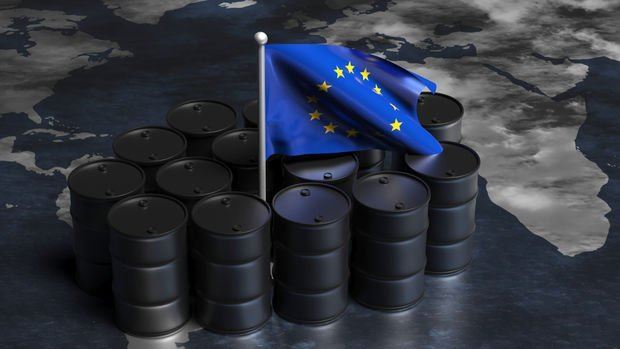

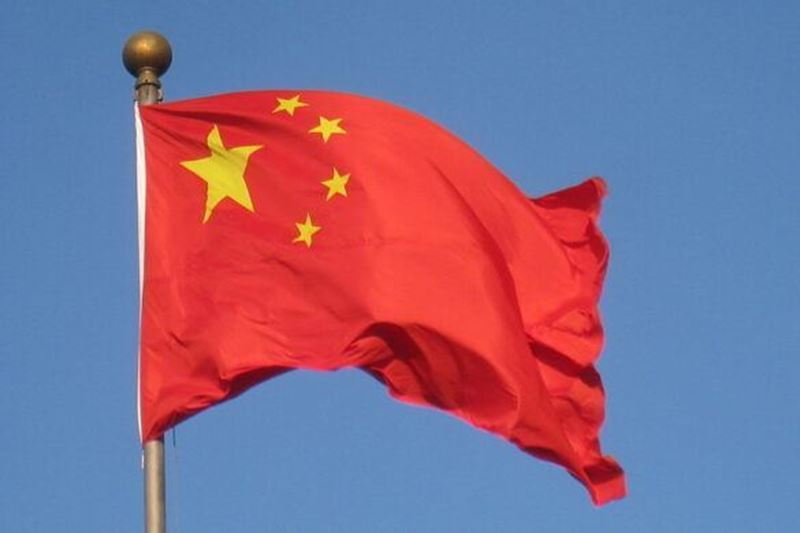
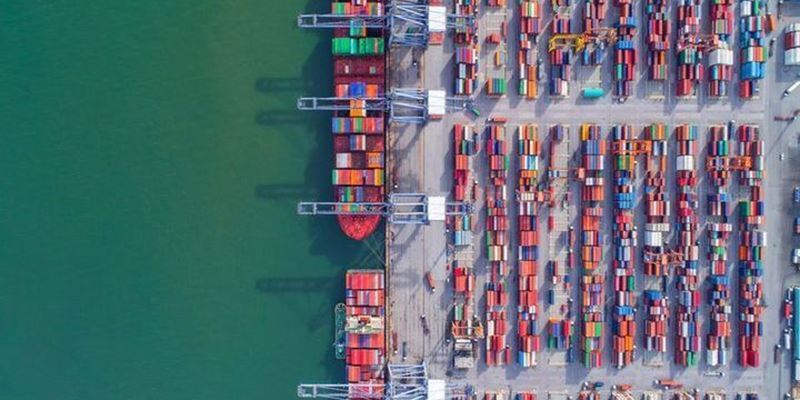
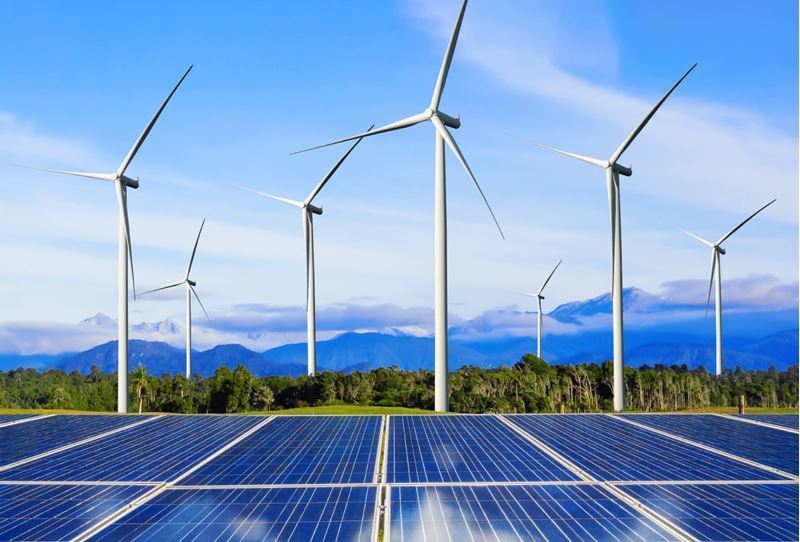
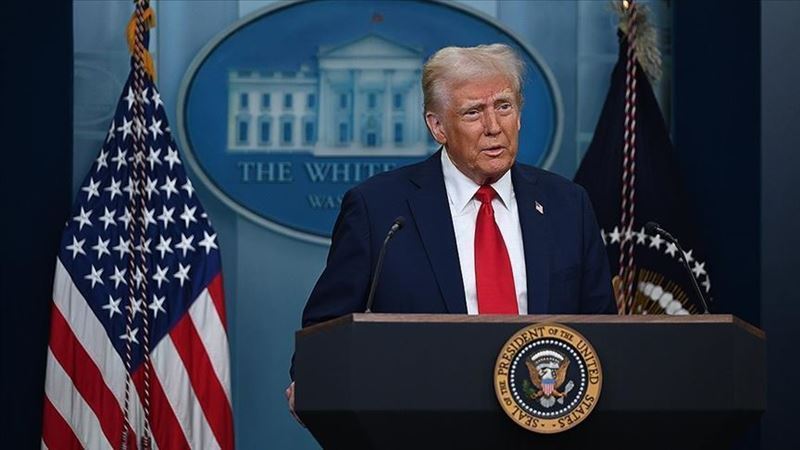
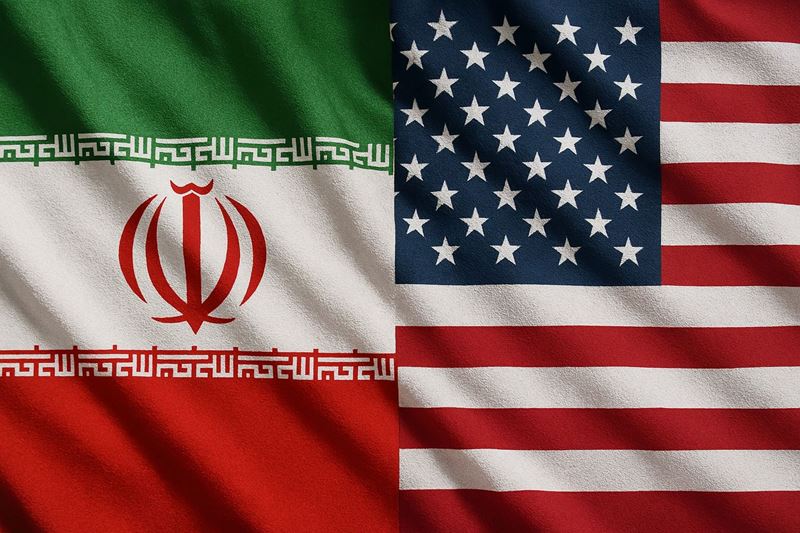


Comments
No comment yet.